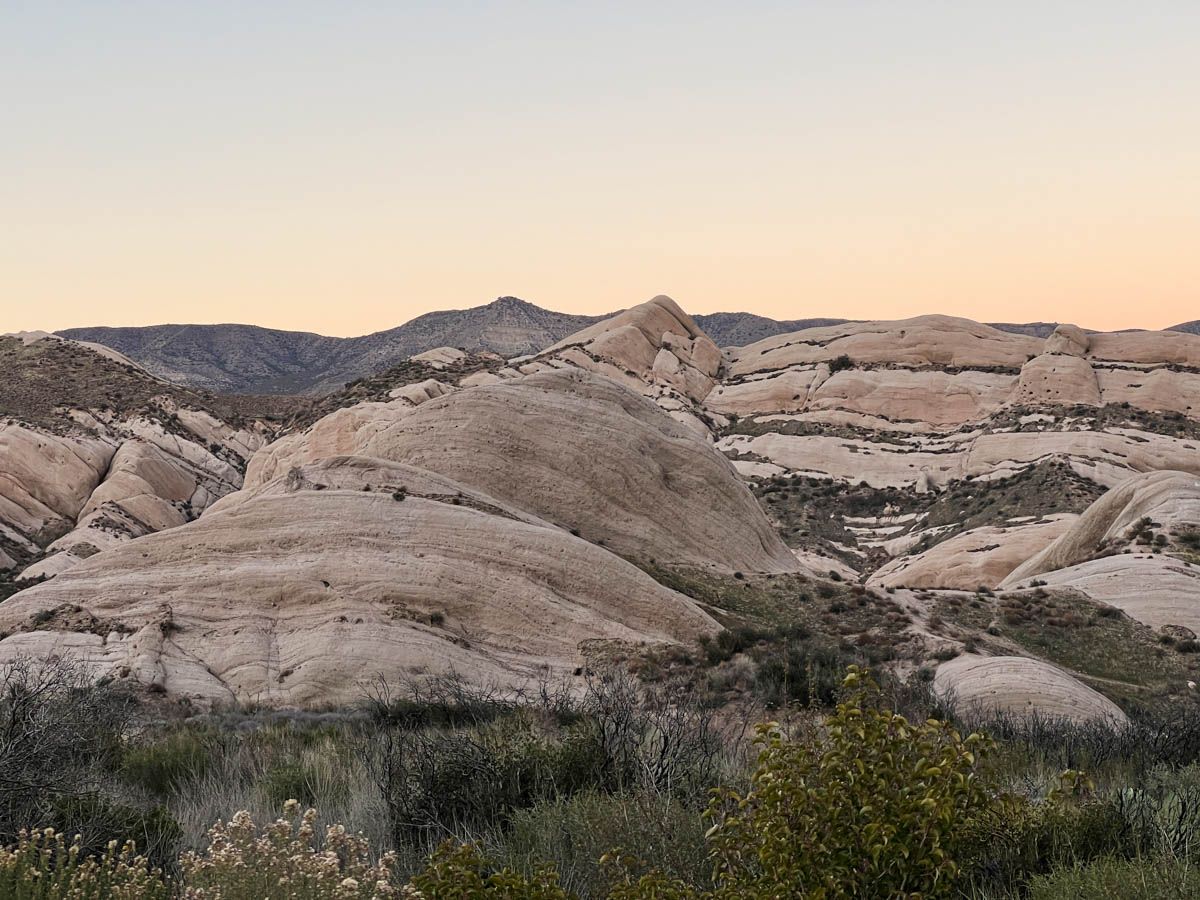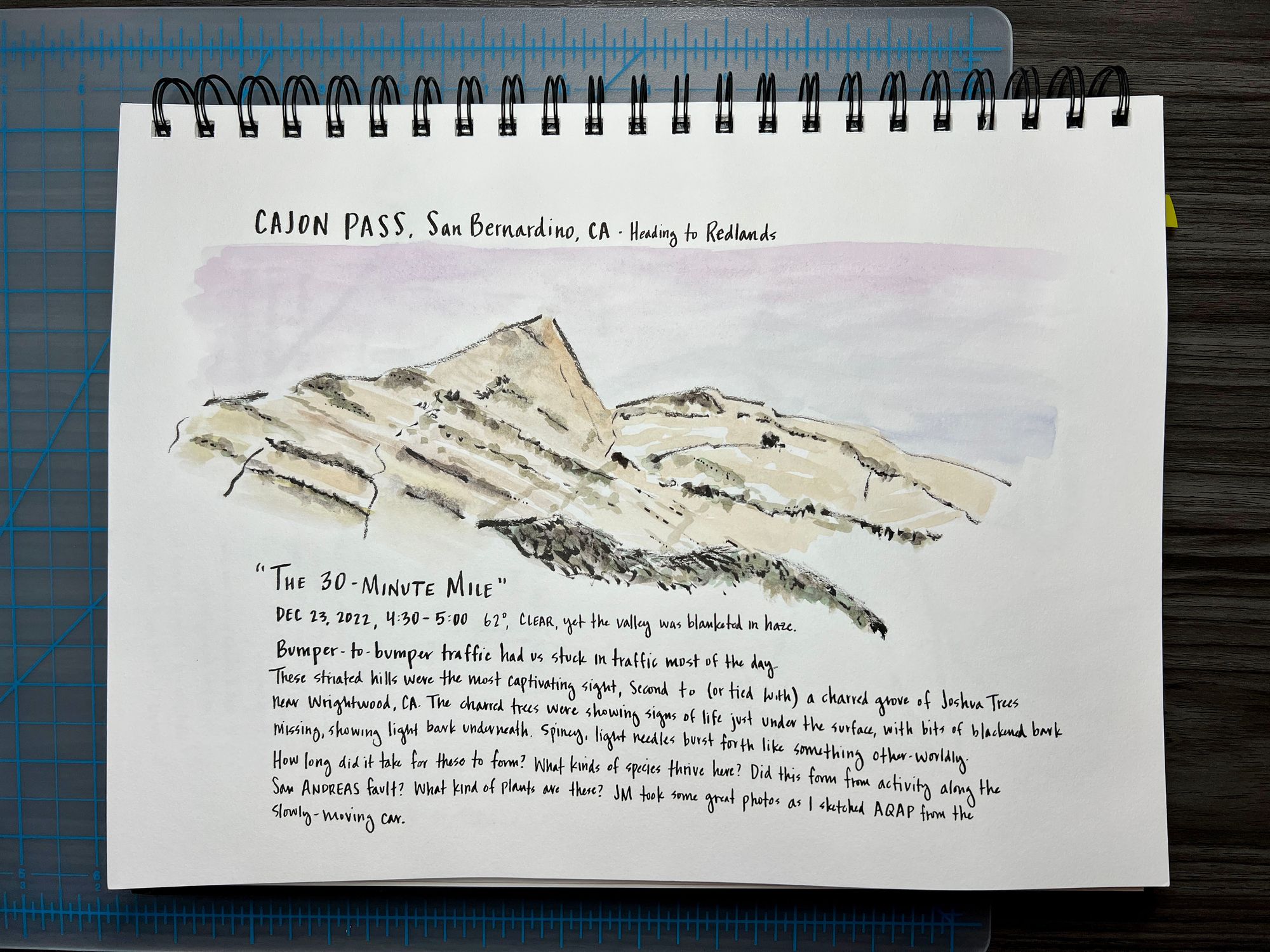Always on the way
How stoicism helps us reframe and adapt.

There was a truck on the road in front of us during a recent trip with a large window decal that read, “Always on the way”.
Always on the way. I like that. It reminds me of the Stoic philosophy of adaptability and resilience, two traits I have been personally working to bolster.
Regardless of how carefully we might try to plan it, life is bound to surprise us with twists and turns that lead us down roads we might have otherwise preferred to avoid. Sometimes, we don’t end up anywhere near where we initially set out to arrive; our paths – and sometimes, destinations – rerouted by the GPS of life.
Life is always changing, and we are always changing within it. Good or bad, how we interpret change plays an important role in how we process and respond to change and how we choose to move forward.

At the heart of Stoic philosophy is the reminder to learn to distinguish between what we can change and what we cannot change. What is under our control and what is not?
“The chief task in life is simply this: to identify and separate matters so that I can say clearly to myself which are externals not under my control, and which have to do with the choices I actually control. Where then do I look for good and evil? Not to uncontrollable externals, but within myself to the choices that are my own...” –Epictetus
When we learn to differentiate between what we can change and what we cannot change (controllable vs. uncontrollable – i.e., stimulus and response) we have a greater opportunity to reframe our circumstances and focus on what we can control: our response.
Viktor Frankl, Austrian neurologist and psychologist best known for his written experiences about surviving the holocaust within a Nazi concentration camp, famously wrote, “Between stimulus and response there is a space. In that space is our power to choose our response. In our response lies our growth and our freedom.”
When we focus our energy on how we respond to events outside our control, we give ourselves permission to embrace uncontrollable events with a greater sense of calm through acceptance. Regardless of how events unfold, we are always on the way. All life’s twists and turns are a part of the path forward.
This trip (the one where I saw the truck with the window decal) had two rough travel days. Long car rides are difficult for me, and holiday traffic added an additional two hours of drive time to our trip to Southern California (9.5 hours total in the car). We were routed through mountain towns and deserts and spent several hours in bumper-to-bumper traffic. Inside, my body wanted to fly out of the car and run down the highway on foot (I probably would have made better time that way, too), but I realized the traffic was outside of my control, and that all I could control was my response. I pulled out my nature journal and my mini paint palette and began capturing what I saw from the car window (Jason was driving). Painting didn’t fix the traffic issue, but it did help me accept the circumstances and approach them in a more positive way. It helped reduce my stress surrounding the long delay.
Stoicism helps us adapt through the ongoing practice of managing our mindset and accepting what we cannot change. The next time you find yourself in a situation outside your control, check in with yourself to see if you can improve your response. Having a sketchbook handy never hurts.





